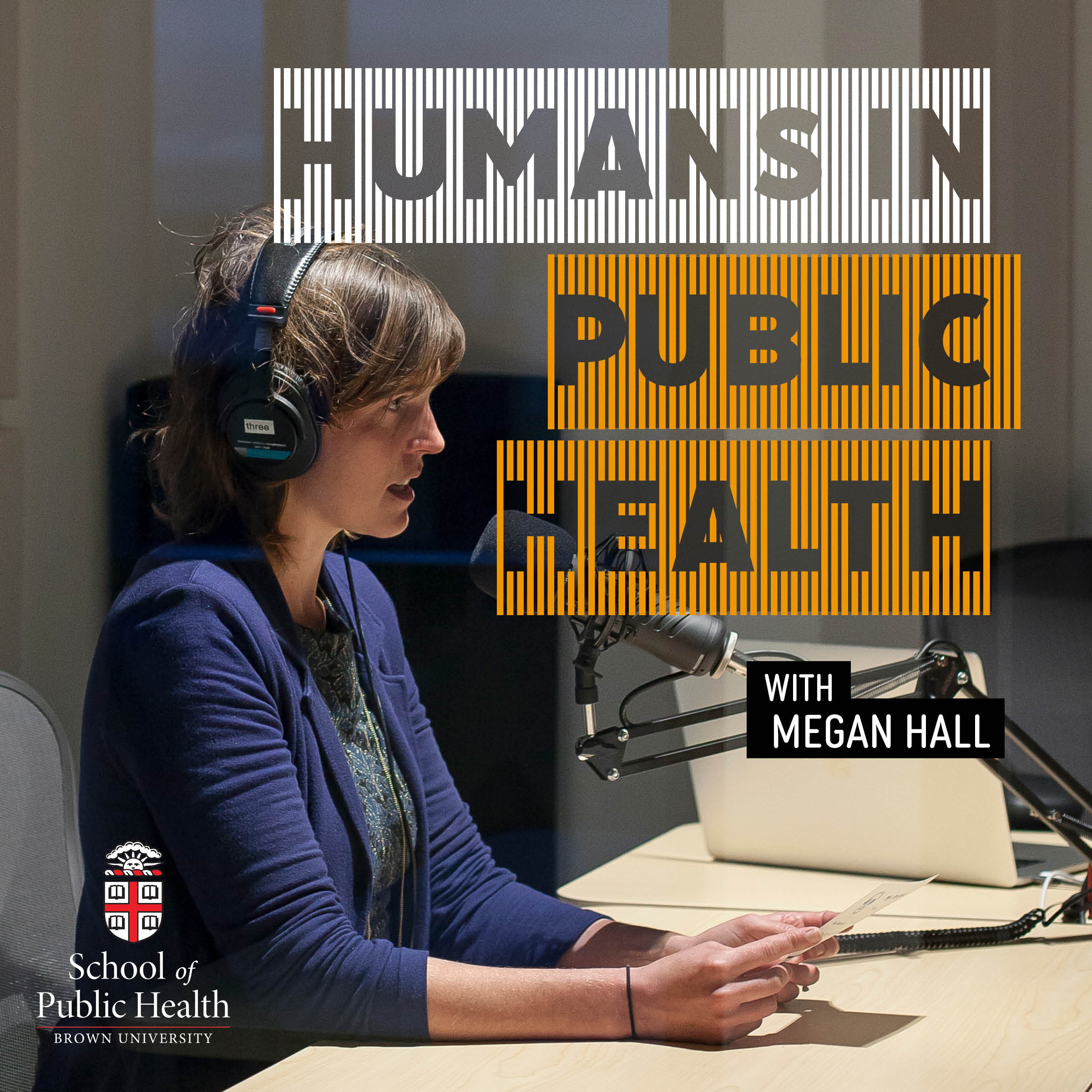Episode 42
A Revolutionary Approach to Health Care Pricing
Since the 1980s, the U.S. has experimented with various forms of managed health care. But none of them has managed to control costs or improve health outcomes, argues Senior Fellow Hayden Rooke-Ley. In this episode of Humans in Public Health, he explains a radical new idea from CAHPR researchers for delivering lower health care costs that is actually quite old-fashioned: a return to fee-for-service.
Read the JAMA article here.
Transcript
In the past few years, the field of public health has become more visible than ever before, but it's always played a crucial role in our daily lives. Each month, we talk to someone who makes this work possible. Today, Hayden Rooke-Ley.
Today on the show we're talking healthcare policy -- specifically, how doctors get paid. Increasingly, physicians get money, not just for the actual care they provide, but for the quality of that care. At least, that's the idea behind Medicare's Value Based Payment program.
But Hayden Rooke-Ley and his colleagues at the Center for Advancing Health Policy through Research say this approach isn't as good as it sounds. In fact, they say it increases the cost of health care instead of controlling it.
Hayden recently co-wrote an editorial with Brown University professor Andrew Ryan in the Journal of the American Medicine Association, that proposes a revolution in how we pay doctors and control prices. We had him in the studio to tell us more.
[: [: [:50 years ago the approach to paying health care providers was pretty simple- doctors got paid every time they did something.
[: [: [: [: [: [: [: [: [: [: [: [: [: [: [:Fundamentally, what drives this intractable issue that we spend so much on healthcare is that the prices we pay for healthcare are simply way more than our peer nations. And we also have staggering levels of private sector administrative waste. And the value-based payment and the managed care movement really doesn't have a lot to say about those issues. It really doesn't attack those core issues directly.
[: [: [: [:So a primary care office, uh, might make more of a margin if they're somehow able to manage the total cost of their patients, but they also might lose money. And they also have to comply with a whole range of quality metrics and measurements to try to assess whether they're being a quote unquote good doctor.
And you might imagine that this makes it quite difficult for an independent provider to operate with that level of administrative burden and state-imposed financial risk.
[: [: [: [: [: [: [: [:So that's an example where if we focused on payment policy and pricing policy like that, certain hospitals would get less revenue. And that's what's gonna happen anytime you try to manage total healthcare costs, is that some sort of entity, whether it's a hospital system, or a provider, or in many times what we're arguing here, an insurance company, to which we're outsourcing so much money, is going to make less of that. And those are the decisions that we think that the Medicare program and Congress need to embrace and need to boldly make, rather than abdicating this responsibility to a private sector entity that's not doing it well and that we think won't end up doing it well.
[: [: [:But they also say we should go back to where we started-- That old fee for service model, but with prices that make sense.
[:Most countries actually around the world have some version of fee for service. So this is not an uncommon mechanism of governing a healthcare system. In fact, it's the most common one. And the idea that we are gonna solve our problems by trying this managed care solution and value-based payment solution, where we sort of have these private sector entities taking on this function of managing care and not doing fee for service, we find is highly implausible to actually solve this problem of spending too much in our system. And that for once getting the fee for service system right, actually committing to it, is a much more promising path to delivering the type of healthcare system we wanna see.
[: [: [:Humans in Public Health is a monthly podcast brought to you by Brown University School of Public Health. This episode was produced by Nat Hardy and recorded at the podcast studio at CIC Providence.
I'm Megan Hall. Talk to you next month!
